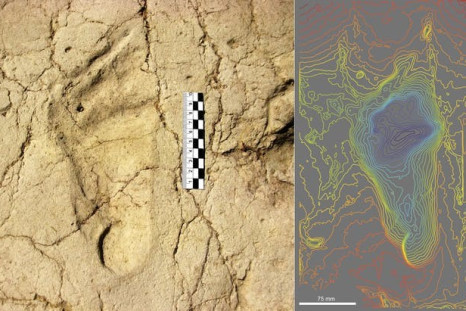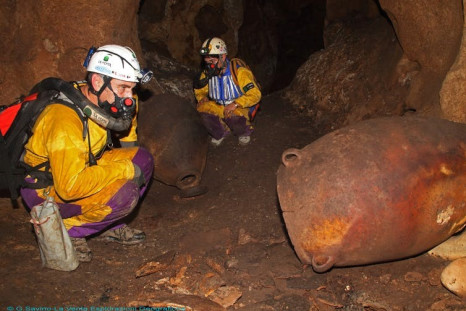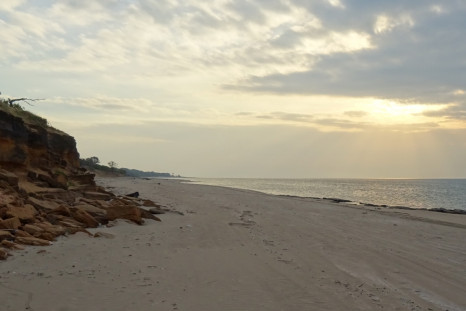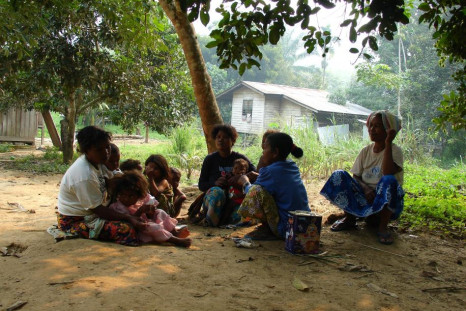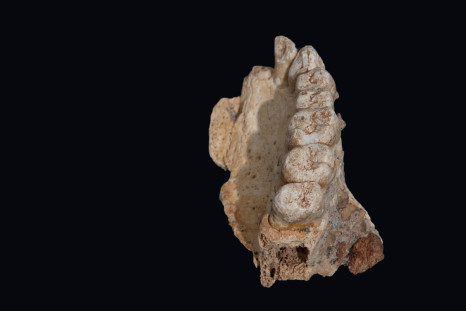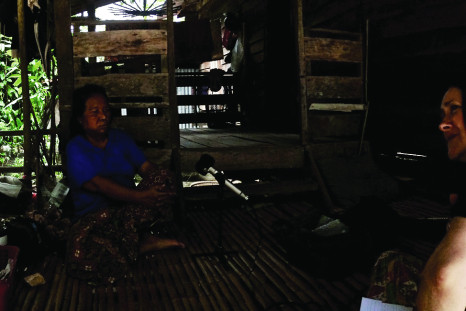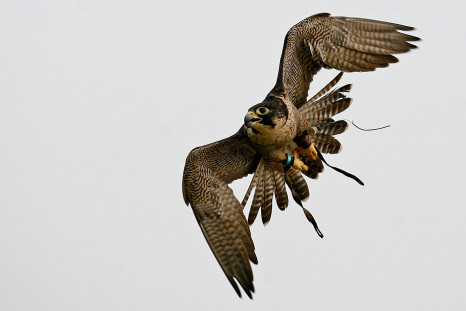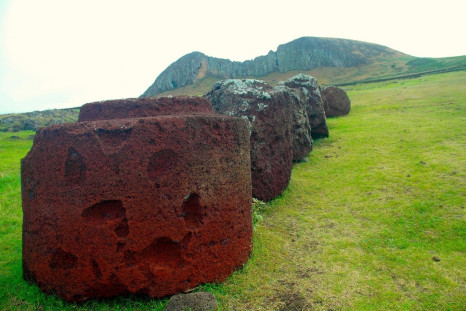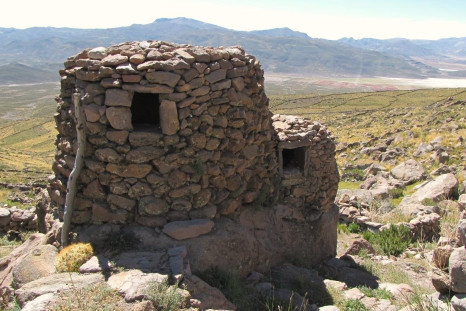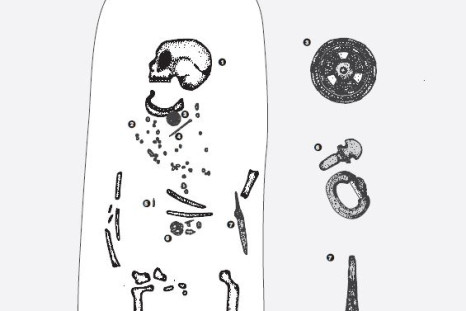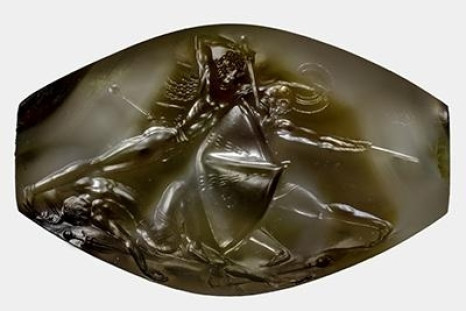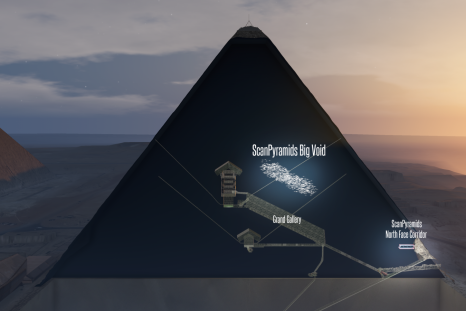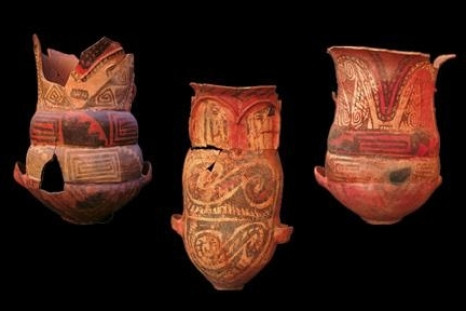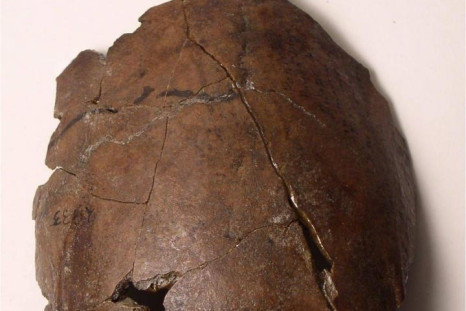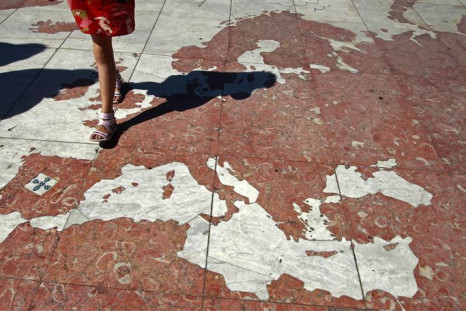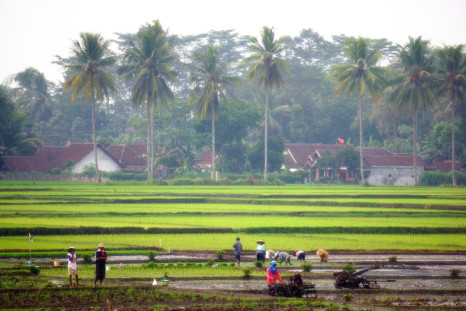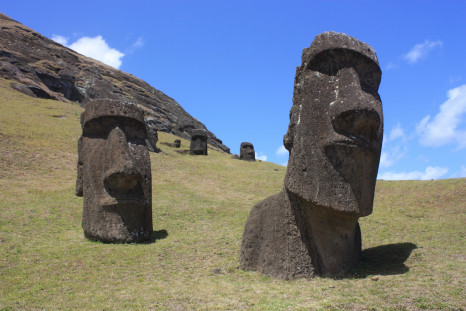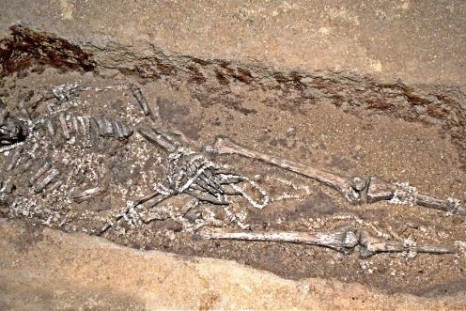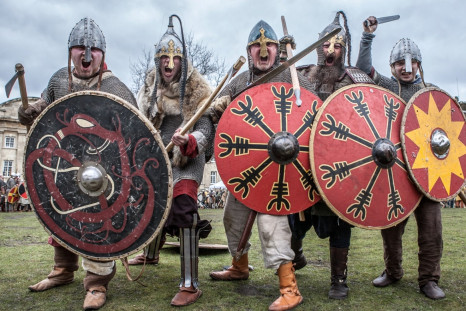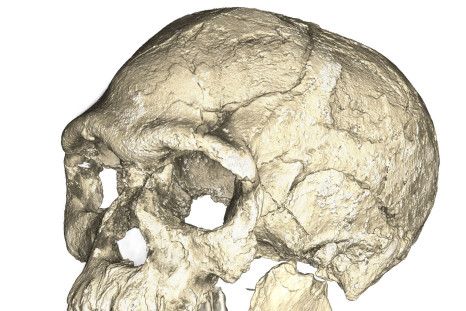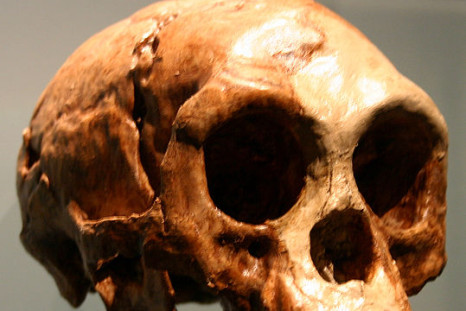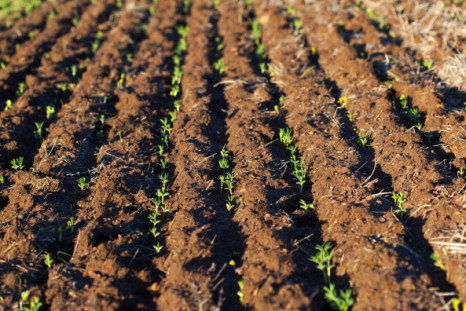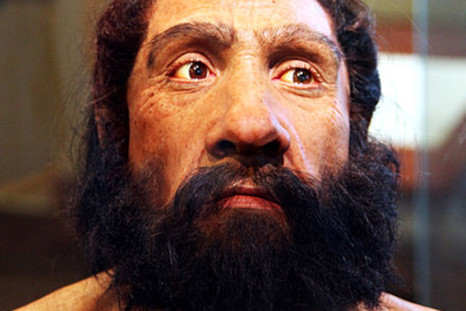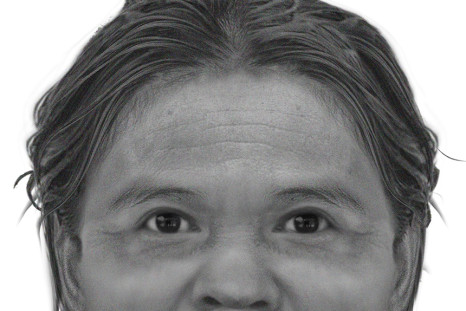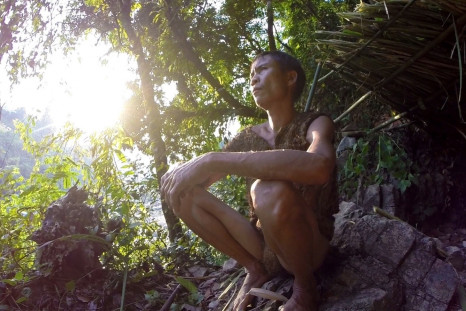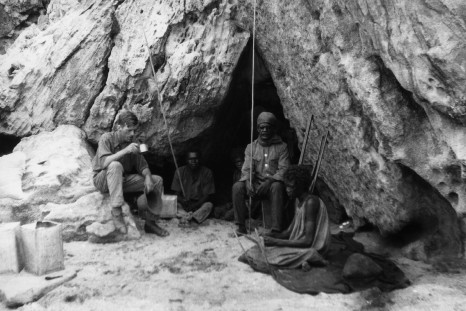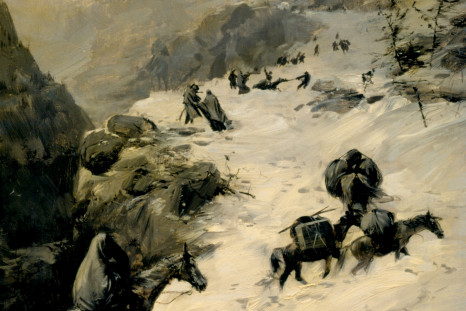Home
> anthropology
anthropology
These 700,000-year-old footprints reveal what it was like to be a child in prehistoric times
Children had far more responsibilities and less supervision than they do today, new findings suggest.
Matthew Robert Bennett Feb 14, 2018
There are (at least) 14 different kinds of love described in the world's languages
"Untranslatable words help us understand the bountiful variety of emotions and bonds that are in English subsumed within the one word 'love'".
Tim Lomas Feb 14, 2018
How 5,000-year-old wine discovered in inaccessible caves is rewriting the history of Sicily
Wine has been known as a magical substance since its appearances in Homeric tales, with the unique power to bring euphoria and an altered states of consciousness.
Davide Tanasi Feb 13, 2018
Mysterious sand mounds in Australia are Aboriginal burial sites dating back millennia
Many locals in Cape York peninsula thought mounds were of natural origin created by Australian brushturkeys.
Aristos Georgiou Feb 08, 2018
Jedek: The previously unknown language discovered by researchers in south east Asia
Jedek has no words to denote ownership but a rich vocabulary to describe sharing, reflecting the communal lifestyles of its hunter-gatherer speakers.
Aristos Georgiou Feb 07, 2018
Oldest human fossil found in Israel rewrites history of modern human migration from Africa
Scientists have discovered the oldest human fossil ever found outside Africa. It is between 175,000-200,000 years old which means human migration happened 50,000 years earlier than thought.
Claire Toureille Jan 25, 2018
These hunter-gatherers in the Malay Peninsula have a 'special' sense of smell
The Jahai, who are native to the Malay Peninsula, have an unusually keen ability for describing odours.
Aristos Georgiou Jan 18, 2018
Firehawks: Killer birds in Australia are deliberately starting fires to scare prey into the open
Intriguing behaviour of raptors is widely known among Australia's indigenous people and is often represented in sacred ceremonies.
Aristos Georgiou Jan 08, 2018
Giant stone 'hats' reveal Easter Island was home to a cooperative society, not a warrior culture
The history of the people who once lived on Rapa Nui is shrouded in mystery, but new research is shedding light on the island's past.
Aristos Georgiou Dec 21, 2017
The lost quinoa civilisation: Tough mountain people of the Andes created a classless society
People living in the altiplano region of southern Bolivia between the 13th and 15th centuries developed a unique agricultural system.
Aristos Georgiou Dec 20, 2017
Ancient burial sites show just how badly our ancestors treated older women
Archaeologists have studied burial of the elderly in three different Anglo-Saxon burial sites dating back to 600 AD. They found older women's burials were "careless" and modest.
Claire Toureille Dec 15, 2017
Spectacular object that could rewrite the history of Ancient Greek art uncovered by archaeologists
The engraved stone seal is so intricate that some details can only be seen with a powerful camera lens.
Aristos Georgiou Nov 07, 2017
Ancient Egypt: A giant hidden void has been discovered deep inside the Great Pyramid of Giza
The Great Pyramid is the only one of the Seven Wonders of the Ancient World that is still intact and is the largest structure of its kind ever built.
Aristos Georgiou Nov 02, 2017
This fascinating pre-Incan society, high-up in the Andes, lacked social hierarchies
The Argentine settlement, built in the tenth century, was based on decentralised networks and power sharing, according to archaeologists.
Nov 01, 2017
There are now 7.5 billion people in the world. Is the Earth overpopulated?
The world's population is set to reach 10 billion by 2050 but how long will this trend continue and is it sustainable?
Gilles Pison Nov 01, 2017
This 6,000-year-old human skull belongs to the world's earliest known tsunami victim
New research has re-examined the skull, which was first discovered 12 km inland from Papua New Guinea's north coast in 1929.
Aristos Georgiou Oct 25, 2017
Will 10-million year-old teeth crown Europe as the 'cradle of humanity'?
If mysterious set of ape teeth discovered in Germany are confirmed as belonging to an early human ancestor, they would be the oldest hominin fossils ever discovered.
Aristos Georgiou Oct 19, 2017
Was the agricultural revolution the greatest blunder in human history?
Around 12,000 years ago the first farming communities emerged, fundamentally altering the history of our species.
Darren Curnoe Oct 18, 2017
The truth about Easter Island: A sustainable society falsely blamed for its own demise
Easter Island has been used as an example of humankind's selfishness; a moral tale of the dangers of environmental destruction. But new research is painting a different picture.
Catrine Jarman Oct 13, 2017
Prehistoric humans knew the dangers of inbreeding and formed complex social networks to avoid it
Despite living in small groups, humans were likely connected to a wider network from which mates were chosen.
Aristos Georgiou Oct 05, 2017
How understanding football violence could help the fight against terrorism
Violent football fans and radicals are both motivated by shared experiences, new research suggests.
Aristos Georgiou Sep 29, 2017
Vikings were not the pure-bred master race white supremacists like to imagine
In the early Viking Age, modern notions of nationalism and ethnicity would have been unrecognisable.
Clare Downham Sep 29, 2017
Ancient genomes reveal modern humans began to emerge 350,000 years ago
New research adds weight to the belief that modern humans evolved much earlier than commonly thought.
Aristos Georgiou Sep 28, 2017
Have scientists solved the mystery of the Hobbit's origins?
Research into the origins of the elusive 'hobbit' species has led to heated debates among scientists.
Darren Curnoe Apr 24, 2017
Farming reached the Mediterranean from the Near-East much earlier than we thought
Farmers first arrived in the Late Glacial era, 13,000 years ago.
Léa Surugue Apr 07, 2017
Is human flesh calorific? Cannibal Neanderthals didn't just eat each other for nutrition
For the first time, a scientist presents a full nutritional template for the calorific value of the human body.
Léa Surugue Apr 06, 2017
Face of Stone Age woman from Thailand's northern highlands revealed
The woman is thought to be a direct descendant of the founding population of South-East Asia.
Martha Henriques Apr 04, 2017
Vietnam's Tarzan was raised in the jungle, cut off from civilisation for 40 years. Watch his amazing story here
Ho Van Lang was taken into the jungle by his father at the height of the Vietnam War and lived there until 2013.
Hannah Osborne Mar 16, 2017
DNA analysis supports Aboriginal Australians' 50,000-year connection to land
The first regional analysis of Aboriginal genetic history will be used to construct genealogies and repatriate artefacts.
Martha Henriques Mar 08, 2017
Donner Party cannibalism wasn't a myth – it's evidence that starving humans will eat each other
There is a huge amount of taboo regarding cannibalism among humans, but it is found throughout nature – is it really that strange?
Hannah Osborne Feb 14, 2017
Pages
- 1
- 2
- NEXT


